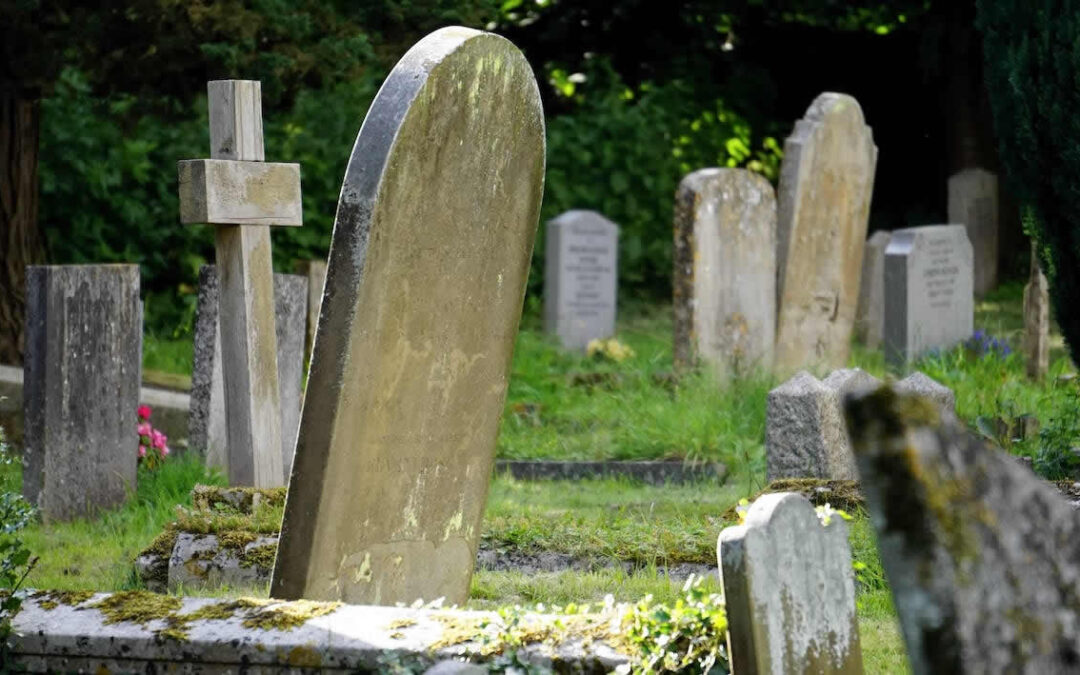By Raphael O’suna
There have always been people who remind us that the state of one’s consciousness at the time of death may be as important as one’s belief in an afterlife. In fact, Eastern Teachings indicate that where one goes, and to what circumstances one may return, may be partially determined by the state of one’s consciousness–the quality of the soul’s connection to the body and mind–at the time of death.
Hospice has come a long way since I was a volunteer in the mid-1980s. It seems that it has increased its attentiveness to the needs of those caring for the dying person, at the expense of the latter. In order to “better manage” the situation, hospice aims to calm the dying person, make it easier to manage him or her and to lessen pain. To do this, hospice workers, who may or may not be qualified, almost automatically offer and administer narcotics. These include consciousness-numbing morphine and fentanyl. According to some Eastern Teachings, these are the very substances that will rob one of particularized or individualized consciousness. That is, they will interfere with, or eliminate one’s sole possession; one’s sole vehicle for transition; and one’s instrument of comprehension and communication–one’s own consciousness.
During my last two experiences with hospice care, I noticed that even where pain was minor or absent, the patient was robbed of those faculties which made him a human, thinking, experiencing adult.


Recent Comments